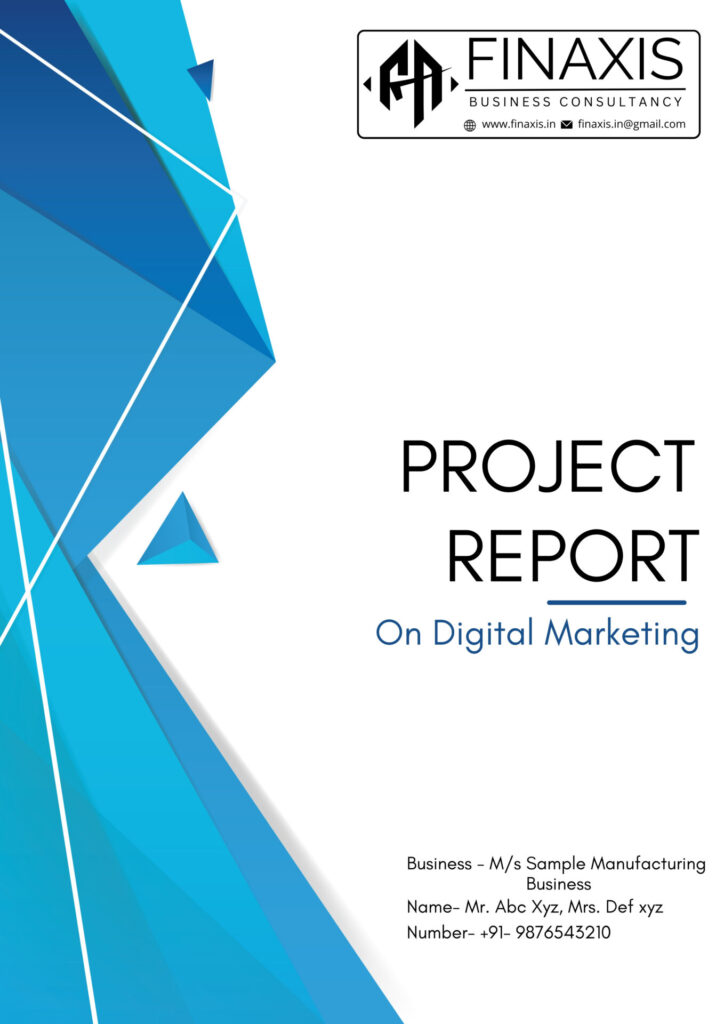Which Loan Scheme Is
Best For Business

Each business’s funding requirements vary. The type of business, the scale of operation, repayment capability, and the quantity of funding required may vary. Business entities have a difficult time obtaining the appropriate financial aid for various tasks. The Indian government provides many business help programs. However, many of us know nothing about the government’s benefit systems. Here are some popular and top plans for businesses in India from which to choose based on your needs and eligibility.
1. MSME Loan in 59 Minutes
The Government of India launched this scheme, popularly known as PSB Loan in 59 minutes. PSB Loans in 59 Minutes is an online marketplace where business owners can apply for a business loan with an interest rate of 8.50%. Under this initiative, MSMEs can obtain loans ranging from INR 1 lakh to INR 5 crores in less than 59 minutes. Which businesses/enterprises qualify for this lending scheme?
- The business must already exist.
- Borrowers must have a psbloasnin59minutes.com login ID and be GST and IT compliant.
- You should have the last six months’ bank statements.
- Income/Revenue Statements
- Good repayment. Capacity of Borrower
- Existing credit facilities

2. Pradhan Mantri Mudra Yojana (PMMY)
The acronym MUDRA stands for Micro Units Development and Refinance Agency Ltd. MUDRA assists banks and non-bank financial institutions in refinancing their lending to micro units. Units with credit requirements of up to INR 10 lakhs can apply under the Pradhan Mantri MUDRA Yojana. MUDRA classified PMMY loans into three categories: ‘Shishu’, ‘Kishore’, and ‘Tarun’. Eligibility for the MUDRA Yojana is:
- Applicant age limit of 18 years and a maximum of 65 years.
- Individuals, startup firms, business owners, entrepreneurs, SMEs, MSMEs are eligible.
- Traders, Artisans, Manufacturers, Retailers, etc. engaged only in trading, services, and manufacturing sectors are also eligible.
- If the applicant’s requirements in less than 10 lakh.
- Applicants with good repayment history, no bank dues.
- People belonging to SC/ST/OBC category.
- Applicants with no loan defaults with any financial institution.
3. Credit Guarantee Fund Scheme for Micro and Small Enterprises (CGFMSE)
The CGMSE was first introduced in 2000 as a monetary support system. It provides collateral-free lending to both new and existing business units. The plan offers working capital loans of up to ₹10 lakhs. For credit facilities over ₹ 10 lakhs and up to ₹ 1 crore, an asset related with the business unit is considered security when the loan amount exceeds ₹ 10 lakh.
The Guarantee Cover is provided for up to 85% of the credit facility’s sanctioned amount. Trust funds have annual fees of 1%. The eligibility criteria covers previously existing or newly founded firms involved in the following activities are eligible for this scheme:
- Manufacturing activity;
- Retail trade;
- Educational institutions;
- Self-help groups;
- Training institutions.
- Service activity;
4. National Small Industry Corporation (NSIC)
NSIC is an ISO-certified Indian Government firm classified as MSMEs. They provide small business subsidies in the form of raw material assistance and marketing assistance. Marketing support provides cash to SMEs to improve their competitiveness and market value of their products and services. The NSIC focuses on assisting small and medium-sized businesses who want to enhance their manufacturing quality and quantity. To promote the growth of MSMEs, NSIC offers a variety of schemes:
- Marketing help Scheme – Marketing help is critical to the growth of any organization. To assist such businesses, NSIC created programs such as Consortia and Tender Marketing. NSIC forms MSMEs Consortia, who operate on their behalf to lessen their burden in Marketing Intelligence and Exhibitions, as well as Technology Fairs.
- Credit Support initiative – Under this initiative, NSIC provides financing for raw material procurement and marketing activities.
5. Credit-Linked Capital Subsidy Scheme (CLCSS)
CLCSS is an innovative financing plan introduced by the Ministry of MSMEs. The primary goal is to update the technology of MSMEs, particularly those in rural and semi-urban areas. Businesses can take advantage of this initiative to receive a 15% subsidy on qualified machinery investments. However, the subsidy has a maximum cap of INR 1 crore. This business lending scheme covers sole proprietorships, partnership firms, co-operatives, private and public limited companies. The benefits for small-scale industries are:
- It offers a 15% subsidy for purchasing plant, equipment, and machinery.
- Assist small-scale enterprises in adopting cutting-edge technologies.
- It encourages the development of rural industries, which can now produce high-quality goods.
Conclusion
The viability and success of your company can be greatly impacted by choosing the right credit program. Take into account the particular requirements of your company and select a plan that fits both your repayment capacity and your financial objectives.


INVEST MP Expression of Interest (EOI) For Inviting Online Tender…

Special Advance Authorization for Garments View Sample Report Directorate General…

Unutilized Input Tax Credit Refund Under GST View Sample Report An…

What is MSME Loan? View Sample Report Entrepreneurs and business owners…

ICICI Bank Business Loan View Sample Report ICICI Bank business loan…

PNB Bank Business Loan View Sample Report (Punjab National Bank) PNB Bank Business…

HDFC Bank Business Loan View Sample Report HDFC Bank Business Loan…

Equipment Finance Scheme For Existing Clients – TIIC View Sample…



